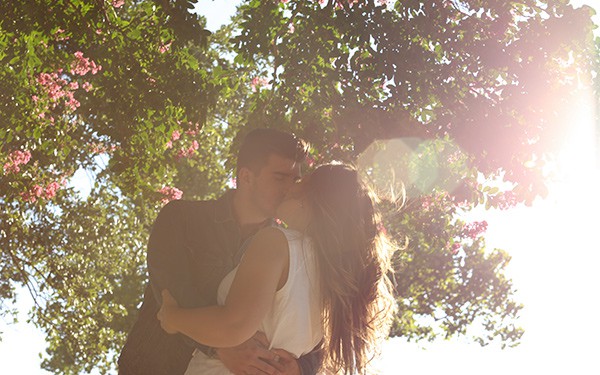Picture Bangkok first.
Because Bangkok is where it begins. Then head east toward Suvarnabhumi Airport, just beyond the tarmacs stretching through the flat, green scape of the land. Beyond the city, industry inches its way towards rice fields. The vast difference in terrain is reflected in the people who work at the corporations. On one hand, you have the upper management from Bangkok. On the other, their subordinates, the ex-countrysiders who call the outskirts of the city their home.
It’s there my Business English class at a logistics company comes to an end. I look forward to the long holiday. As a Business English teacher in Thailand I won’t get paid for my time off, but I’ll recuperate. And recuperation is what I need. There are only so many consecutive days I can spend teaching my adult students how to pronounce the “s” at the end of plural nouns.
At 7:25pm I stuff my belongings into my bag and tell my students I’ll see them after the holiday.
“Teacher,” Vee says. “You go Buriram on holiday?”
Unsure of why he’s asking, I return his question with a puzzled “No.”
Buriram is so far away, I think to myself. Why would I be going there?
As I pack my laptop into my bag my curiosity blisters. “Vee, why do you ask?”
“You know. Because your wife,” he says with his head tilted down, looking at me from above the top frame of his glasses.
“My wife?”
“Yeah, go see wife and family.”
“My wife’s from Bangkok,” I say.
He’s stumped. He looks at me and then replies with a drawn out, “Ohhhhh.”
This wasn’t the first time someone assumed that because I’m a Westerner I must be married to a woman from Isaan, the Northeast of Thailand. It’s one of the many stereotypes Westerners face in this country, stereotypes I’ve grown to accept, but stereotypes I’ve also grown to criticize.
Over the past two plus years when I tell Thais I’m married, the immediate question that follows is: Where’s your wife from? The question isn’t so much about their genuine interest in me. The question helps them place me in a social box. When I respond with Bangkok, I get the same look and surprised sigh that Vee gave me.
Upon seeing a picture of my wife, one of the ladies I teach Business English contracts for said, “Wow! She looks like a good person.” On paper this sounds like a compliment, but her tone told me otherwise. It was more of a backhanded comment. As if the entire time before she saw my wife’s picture she assumed I was married to a bar girl.
Another time, at the end of one of my teaching contracts, I went out for a few beers and papaya salad with my students. We started showing each other pictures of our families, and they were shocked that wife wasn’t a dark-skinned Issan woman.
“Teacher. We thought your wife was from Issan. Okay. White skin. Very beautiful,” one of them said.
There’s nothing wrong with women from the Northeast. I’ve met plenty of great women from Isaan in my Business English classes. And if I’d married a girl from Isaan then so be it. My wife just happens to be from Bangkok. When we first met in America, I couldn’t have cared less about where she was from. But in Thailand it seems everyone else does. And now I’m forced to defend my image. Superficial, isn’t it?
But it’s as if Western men, in the eyes of Thais, can’t be married to a city girl from a good family, a family who gives more than they take. I’m always surprised that no matter how international this city is, Bangkokians have a nationally narrow perspective. And I get it. Thailand was never colonized. Thailand hadn’t experienced outside influence in this capacity until the explosion of the Internet and social media. But how many generations will it take before the mindset shifts?
Around our condo my wife and I are somewhat of the outcasts. Most of the other women with Western husbands are from Isaan and raising their kids alone. Their foreign men abandoned them long ago and simply supply them with money every month.
Yet, they gossip about us. Why is this Bangkok-looking girl with this Westerner with tattoos? Why are they the same age? Why is he not 20 years older than her? Why is she speaking English to their children? Why is she not darker-skinned? Why? Why? Why?
On the opposite end of the spectrum, the Bangkokian women from our condo don’t associate with my wife either. They look her up and down, wondering how, and more importantly why, she wound up with a guy like me.
On the outside of our condo people stare and don’t think twice of how offending it might be. In America, we’d just be another couple raising daughters and hanging out at the park. In Thailand, our family is a specimen always on display, garnering the looks from Thais who are either confused, curious, or disapproving.
I remind myself everyday to keep an open mind, to remember that Thailand is not the West. Thais haven’t been exposed to the multi-cultural mindset my wife and I have been exposed to living close to New York City. So I accept these instances and let them strengthen my patience.
But I imagine a day when I can go into public with my family and eat or relax without feeling the eyes of contempt or consent upon me.


